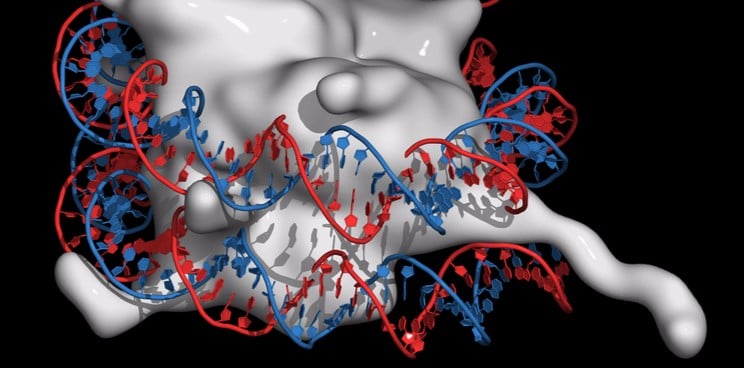Newsletter Signup - Under Article / In Page
"*" indicates required fields
4SC’s partner Yakult Honsha has presented positive results at ESMO 2017 for the epigenetics drug resminostat in a Phase I trial run in Japan.
The histone deacetylase (HDAC) inhibitor resminostat has shown to induce tumor shrinkage or disease stabilization in all patients with biliary tract cancer in a Phase I trial. The goal was to determine the right dosage of the drug as a monotherapy and in combination with S-1 chemotherapy. In patients receiving the combination as a second-line treatment, the overall median survival was 10.2 months, which is an improvement given the highly lethal nature of biliary tract cancer — 5-year survival rates are lower than 15%.
The trial tested resminostat in a cohort of 27 patients with biliary tract and pancreatic cancer, but 4SC has not disclosed in its press release what were the results for those patients with pancreatic cancer. Its partner Yakult Honshoa will now get ready to proceed to Phase II using the recommended dosage determined in Phase I.
The Japanese firm has an exclusive license for the development and commercialization of resminostat in Japan since 2011, from a deal that could bring 4SC up to €127M as milestones are achieved and double-digit royalties on sales. Yakult is also testing resminostat in combination with Bayer’s Nexavar (sorafenib) in hepatocellular carcinoma (HCC), the second deadliest form of cancer. Phase II results have shown it can reduce the risk of death by 40%.
Image via molekuul_be /Shutterstock






